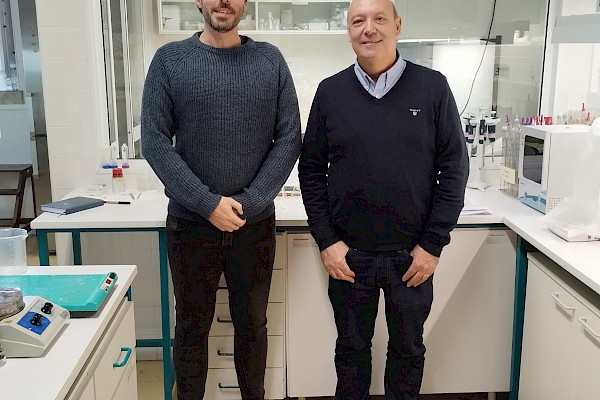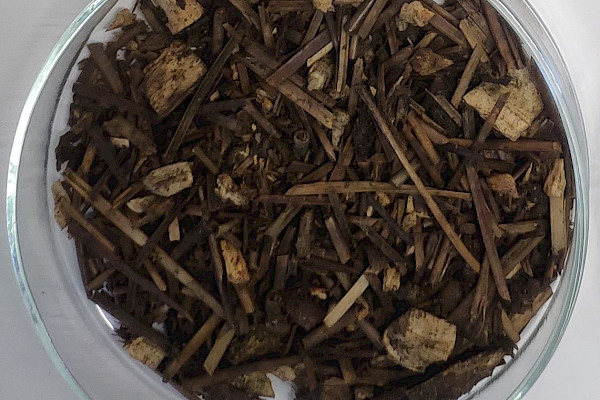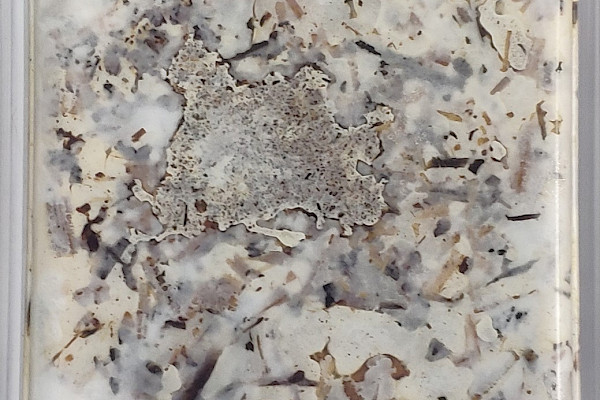UC scientists create product from fungi and forest waste to be used in construction industry
Waste can be used in interior walls of buildings.
Translation by Diana Taborda
A team of scientists from the Faculty of Sciences and Technology of the University of Coimba (FCTUC) has developed a product based on forestry waste and fungi that may be used in the construction industry, especially in interior walls.
The product was developed as part of the “Value2Prevent project”, which aims to optimise forest biomass, add value to forests and increase product yields.
According to João Martins, researcher at the Centre for Functional Ecology (CFE) of the Department of Life Sciences (DCV – FCTUC), “Forestry producers usually don't have much incentive to clear land because the biomass produced from clearing is not very valuable: it has to be transported to specific locations, and transport and collection are very expensive. So, the returns have to be high to make it worthwhile for them.” Martins adds “we have developed a product that can be used in the construction industry, namely in interior walls, with a very interesting added value. The idea is to use forest biomass waste, inoculate it with a fungus that is able to partially degrade the biomass and create a type of cement by aggregating all the particles into a block. This product is then dried to inactivate the fungus and can then be used inside two wooden planks, replacing the synthetic materials that are currently used”.
“Not only is it a sustainable alternative, but it also has other advantages that can make a difference, including its thermal and acoustic properties, the fact that it is a more balanced choice because it's as sustainable as wood but as efficient as synthetic cladding, and also the low cost of the product. Biomass is relatively cheap and we can easily produce these blocks”, concludes the researcher.
So far, tests have been carried out on trees such as eucalyptus, maritime pine, strawberry tree and a mix of shrubs, but in the future the team plans to test the use of other biomass-based products, such as reused plastic, cork and rubber, which could make the acoustic and thermal properties of this material even more effective.
The "Value2Prevent" project is promoted by SerQ - Forest Innovation and Competences Centre, in partnership with the University of Coimbra (UC), the School of Agriculture (ISA), the "Centro Ciência Viva da Floresta" of Proença-a-Nova (CCVF) and Proentia - Essential Oils.



